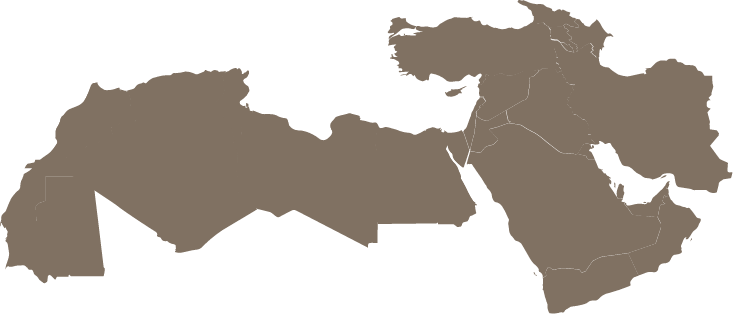July 09, 2016, 3:20 PM
URI Jordan Participated in Children's Rights Training
Five members of URI in Jordan participated in a seven-day training course on children’s rights under the title: "Children First" in Hammamet, Tunisia from 28 May until 04 June 2016. More than 30 NGO leaders, social workers, teachers, youth workers and thematic experts participated in this course coming from 6 countries; Jordan, Egypt, Malta, Portugal, Italy and the host country, Tunisia. The training successfully achieved its objectives; participants were able to:
- Gain knowledge and understanding of the international legal and policy framework of child rights.
- Come up with new Models, Games and Methodologies to promote children’s rights.
- To increase awareness of the extent, the causes and possible solutions for all forms of child abuse. Many ideas about how to protect children from discrimination, exploitation and other forms of harm were discussed.
- Encourage civil society to engage constructively with children on the realization of their rights globally, with emphasis on inequities and the situation of marginalized children in both the developing and developed countries.
- To strengthen and develop community structures which provide care and protection for children.
- To exchange the best practice standards being developed by participating countries as well as the participants' organizations.
The project focused on enhancing civil society engagement in promoting and protecting children rights, highlighting the hazardous conditions of children amid the conflicts particularly in MENA region as well as the children’s rights aspects of refugee and migrant crisis in Europe, in hope that we as civil society organizations can contribute to global efforts of protecting children. We discussed the provisions and principles of the Convention on the Rights of the Child (CRC) as well as the other child rights approaches to help empower both children and adults to take action and put children’s rights into practice in their day-to-day lives – at home, at school, in the community and, more broadly, at the national, regional and global levels. The participants exchanged experiences and best practices by:
- Presenting the situation of children’s rights in their countries indicating main policies, challenges and effective practices.
- Sharing their activities/ stories that aimed at protecting/ promoting children’s rights.
Ms. Jalila Salah, an Inspector from the Ministry of Women & Childhood of Tunisia, delivered a presentation about the situation of children’s rights in Tunisia, followed by an open discussion about similarities and realities of childhood and kindergartens in participating countries.
The participants paid a visit to a local non-profit association that creates educative materials about children’s rights and provides children with disabilities with vocational training on making souvenirs and handicrafts. We spent meaningful time with tens of children with different disabilities. We saw their production and played with them.
In one of the training sessions, the participants were asked to apply "The Theater of the Oppressed" methodology to a situation had happened with them during their childhood. The participants were divided into four groups of five participants and each group member was asked to share an experience of being abused he/ she faced during childhood. Then the group needed to choose one story and display it using this methodology. The facilitator asked the participants to be:
- Open while sharing their personal stories.
- Respectful to those who are sharing their stories.
- Not to be judgmental.
Each group applies the Theater of the Oppressed methodology; they displayed a still scenery and ask the audience to guess what was going on and suggest corrections. Then the group does two minutes display about the situation and again the audience suggests the corrections.
Moreover, the participants of each country introduced their traditional games customizing them in a way that fits children and helps in promoting children rights.
More photos from this event are available here.
Mamoun Ahmad is the URI Regional Coordinator for the Middle East and North Africa.
